
When you have money in your account, you’ll normally be able to take cash out, pay for things with your debit card and get statements without being charged.
But if you spend more money than you have, you’ll have to pay interest and charges. There are also some additional services banks almost always charge for. Find out all about the different types of bank charges here.
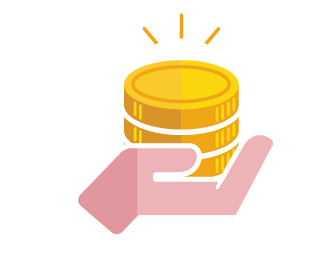
WHAT'S AN OVERDRAFT?
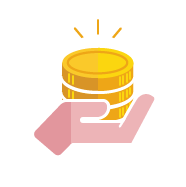
If you spend more money than you have in your bank account, you will be ‘overdrawn’.
You can ask the bank to lend you a limited amount of money for a short time – this is called an agreed overdraft. As you are borrowing money from the bank, there may be a charge for this service.
You must be over 18 to have an overdraft and it’s important not to go over your agreed limit as you might get extra bank charges.
WHAT'S INTEREST?
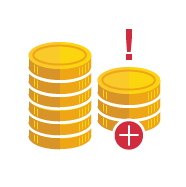
Interest is the amount it costs to borrow money. If you save money, you might also receive interest.
You may also be charged when…
- You need another copy of a bank statement.
- You need to stop a cheque from being paid.
- Sending or receiving money from abroad.
- You withdraw money from some cash machines in the UK or abroad. Fees are always displayed on the screen.
- A direct debit or standing order is due for payment but you don’t have enough money in your account and the bank pays it. If the bank rejects it, the company may charge you.

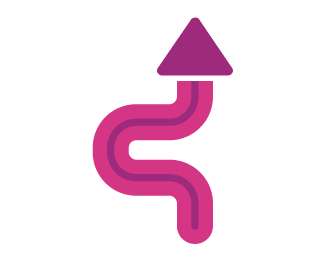
WAYS TO AVOID PAYING FEES AND CHARGES
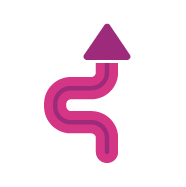
- Ask the bank what you might get charged for and try to avoid these situations.
- Know your balance - check your account regularly to keep track of your money.
- Use online or mobile banking to check your account easily.
- Make sure you know when money is coming in and going out of your account e.g. regular payments each month.
- If you’re experiencing financial difficulties, speak to the bank; they may be able to help.